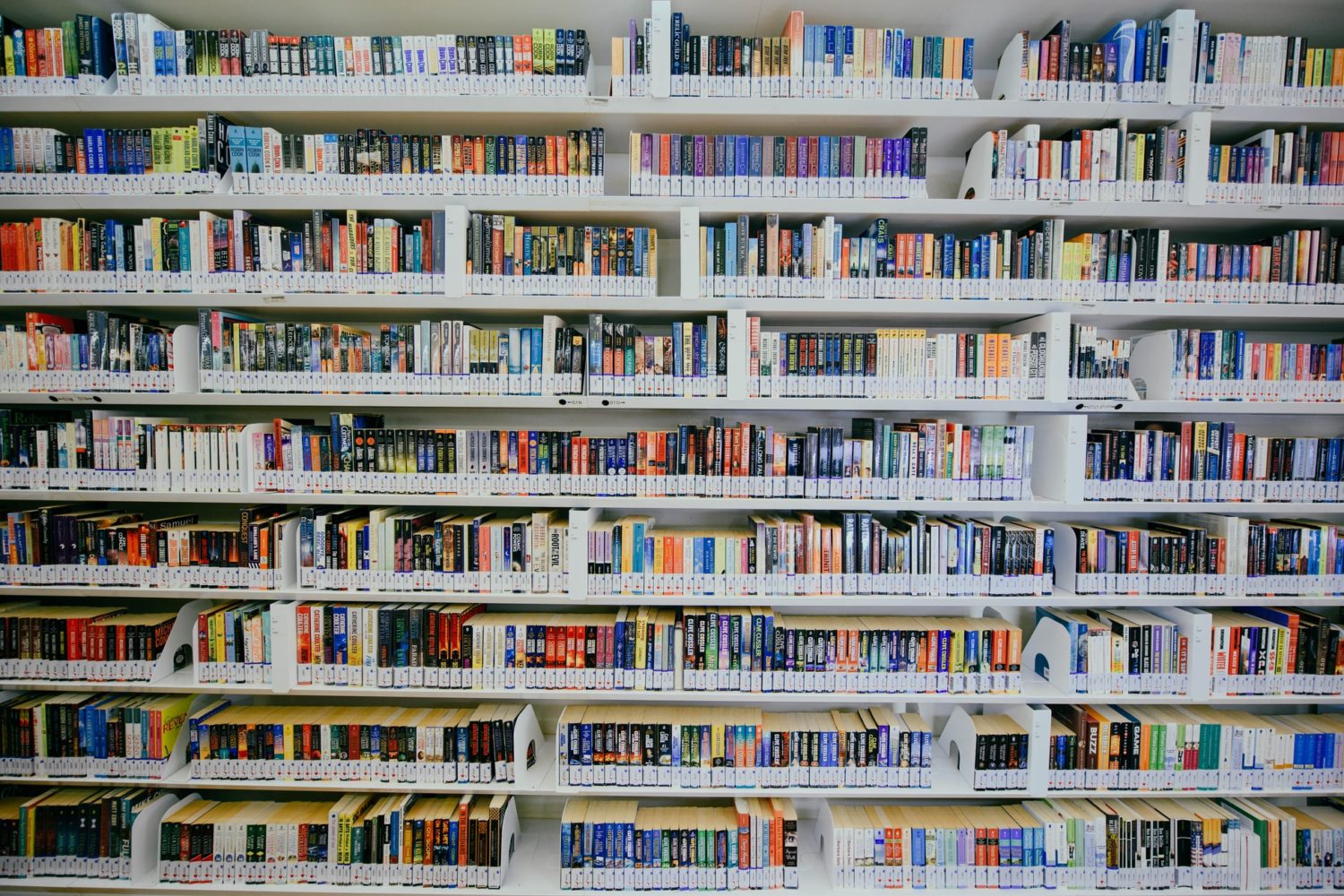One of the most interesting moments (and there have been a great many) over the last couple of weeks to arise out of the mess in the US has been the action by Twitter, and then other social media companies, to ban actors like the President from their sites. Predictably, such actions aroused the ire of various parties, including the usual bad faith actors, who likened it to a form of censorship, and said that it impinged upon their right to free speech, protected under the second amendment.
While such an argument may have a tenuous kind of logic in the US (and I will discuss that below), it carries very little weight in Australia, where we have no protected right to free speech, no bill of rights, and only a vague implied right under the constitution. At a very basic level, there might be little to discuss here: after all, Trump, I imagine, agreed to the terms of service on Twitter, a private company, when he signed up for an account, and presumably, within those terms of service, Twitter has the right to refuse to provide a service to any and all of these customers that it so chooses – and all that Twitter has done now is start to enforce that. Predictably, there are those who argue that this is far too little, and far too late, and Twitter should have been more active about the alt-right and indeed, the out and out Nazis present on the site long before.
But I think the discussion is far more complex than that, and worthy of some consideration. I should also note that I don’t have any particular point of view, as yet, about the rights and the wrongs, and any such argument will likely be made from a moral rather than legal point of view, but I do think that it is an important moment when a private company flexes its muscles in such a way as to limit the power of the President of the United States of America, still the world’s most powerful superpower.
Another crucial point is that I think, while Twitter might be a private company, rather than a public sphere, it operates in a way that is similar to the public sphere, and certainly, part of the confusion about freedom of speech relies upon this fact. People argue that they have a right to say what they want; in the past, this might have been the case in public spaces, but when people use Twitter as a public space, they feel they have a right to occupy those spaces too. It’s an interesting and blurry case, and I think it partly speaks to the differences between intended use and actual use of digital networks. I think there is also an argument to be made that there needs to be a public sphere in an online environment – a global village green, if you will – but at the moment that space has been almost entirely colonised by private companies with shareholders and a profit motive.
